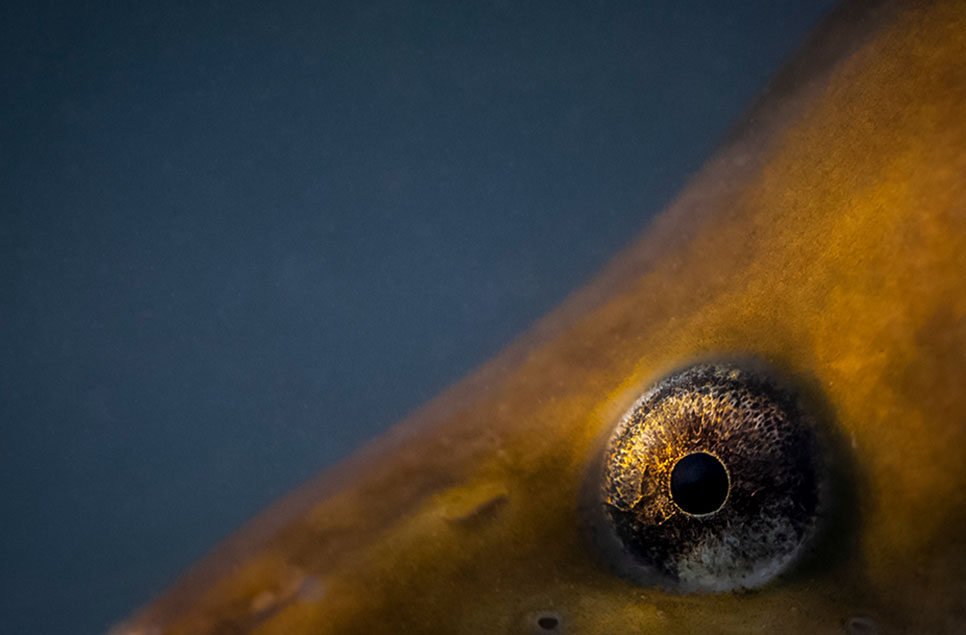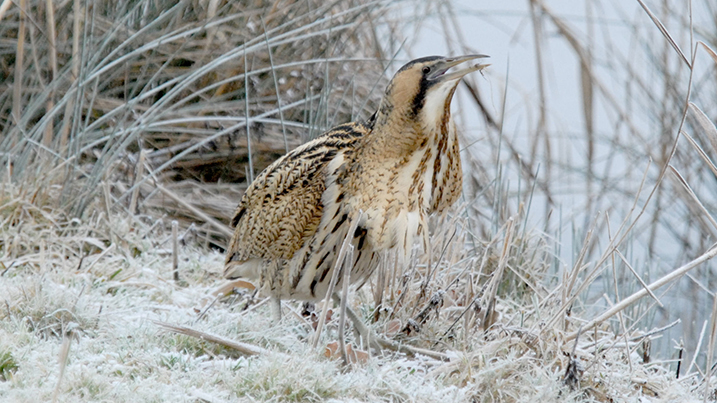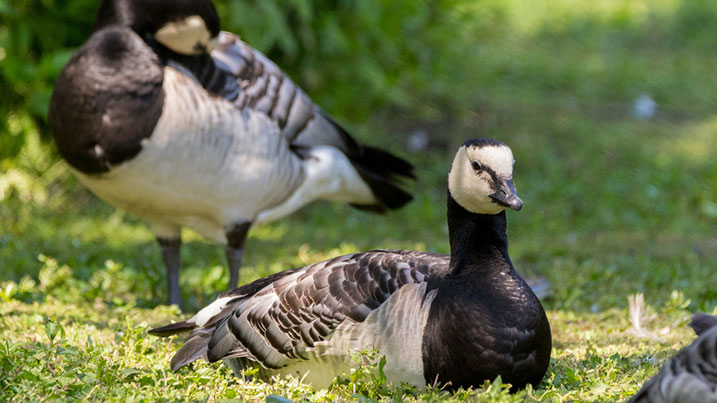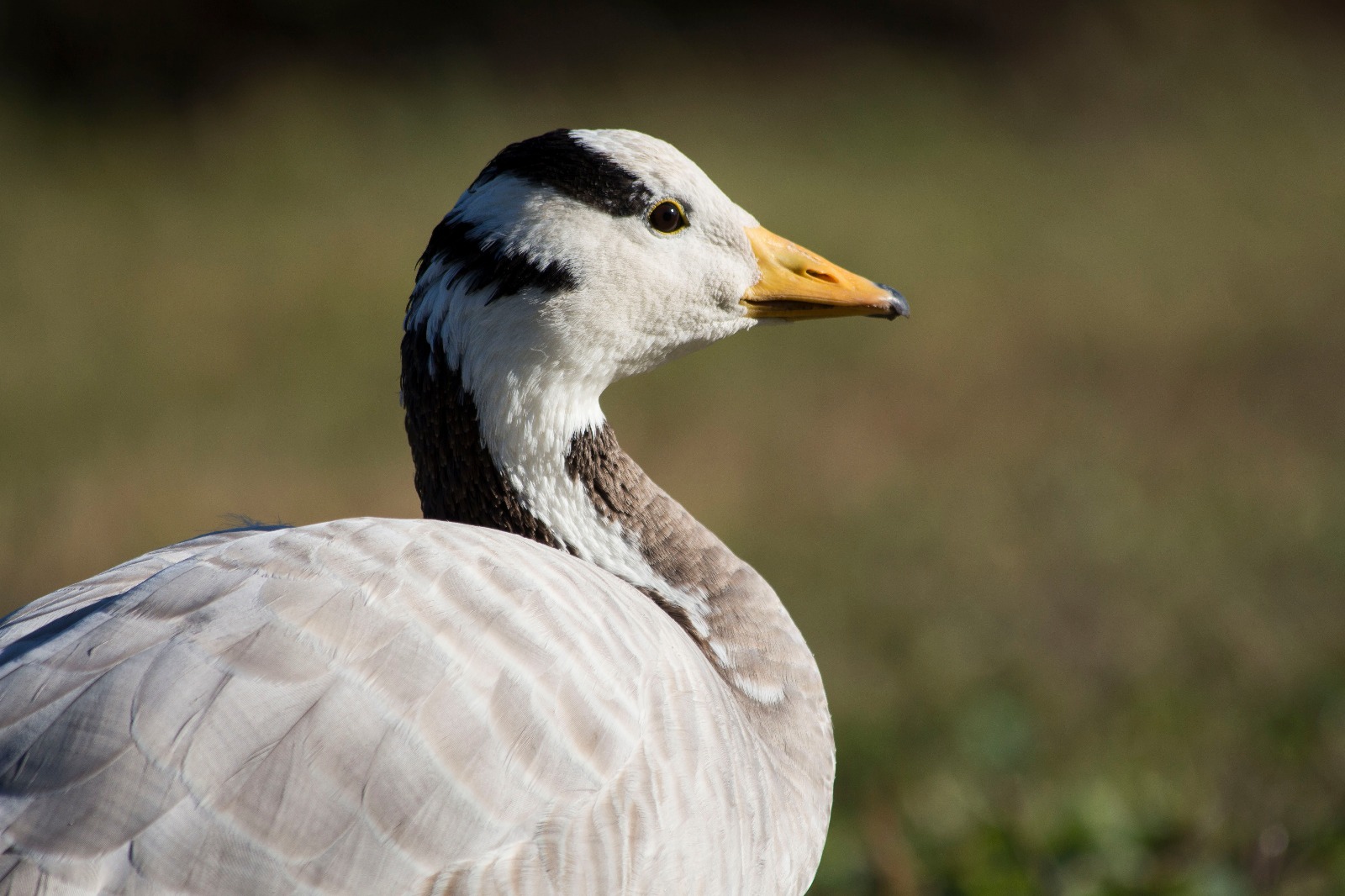Blog

Challenging threats to our water quality – and to wetland wildlife
The Water Framework Directive is a piece of legislation that has lead to the Environment Agency improving over 4,500km of water bodies in the last 3 years. Now, that directive is under review - and there's a chance it could be weakened.

What wildlife to see in wetlands in winter
While the weather might feel cold and dark, the winter season is actually an amazing time for spotting wildlife and interesting weather in the UK - particularly in wetlands.

The lesser snow goose: seven amazing facts
The lesser snow goose is a fascinating bird. Here are a few reasons why it's so amazing: Breeding grounds in the ArcticBirds migrate to their breeding grounds in the Arctic when snow is still on the ground, and use their body fat to wait for the new grass

Longstanding Martin Mere volunteer gives us a sneak 'beak' into his day
The volunteers are WWT’s wings. Without their 1000 volunteers, the charity’s grand ambitions would never be met. One of their current longest serving volunteers is Dave Walsh, 73. He has been helping out at WWT’s Martin Mere in Lancashire for over

Madagascar pochard: fact file on the world's rarest duck
Everything you need to know about the Madagascar pochard, the world's rarest duck, and how WWT have been working for over a decade to protect it and the precious wetland habitat it needs.

Countdown to an eco-friendly Christmas that won't cost the Earth
It’s the most wonderful time of the year. Here are some great ideas to make it a wonderful time for both you and wetland nature – by having a creative, fun Christmas while keeping down your water, carbon and plastic footprints. Eco-friendly gift idea

Why do barnacle geese jump off cliffs? | Barnacle goose facts
Barnacle geese create nests on high cliffs to avoid predation, however within a few days of hatching goslings must jump off these cliff faces! Find out more about the amazing barnacle goose and the myths and legends that follow it.

Training the Madagascar pochards
Before they start their new lives on the water, our Madagascar pochards will have to learn how to find food. We want the birds to stay on Lake Sofia. If the ducks stray, no other site in the region will be able to support them, such is the degree to whic

The water of life: how wetland species are affected by water pollution
Since 1970 over 50 per cent of our freshwater and wetland species have declined in numbers. The main reason is because the quality and quantity of water they live in is declining too.

Ducks in transit
The journey between Antsohihy and Lake Sofia – to take Madagascar pochards from the breeding centre to their new home – poses many challenges.

'Intents' conditions! Camping by Lake Sofia
After a 12 hour drive – if they’re lucky – on a bumpy, dusty and muddy road - our team will arrive at Lake Sofia where they will set up camp. As they gear up for the release of the Madagascar pochard, they will share their time between the lakeside

Lake Sofia: The Communities
Madagascar is one of the poorest countries in the world. The communities that live around Lake Sofia are no different. When our conservationists discovered Lake Sofia in 2011, it was far from the perfect condition. Tens of thousands of people rely on it

The bird that can fly over the Himalayas: the brilliant bar-headed goose
The bar-headed goose (Anser Indicus) appear to be a pretty, mid-sized Asian goose, but beneath the skin this species exhibits some of nature’s most amazing adaptations that allow it to fly over the top of the Himalayan mountains.

Madagascar: Wetlands in Trouble
Madagascar’s jaw-dropping rainforests and cute resident lemurs have been made famous through frequent Hollywood animations and many a natural history programme. The island’s long list of exotic species that can’t be found anywhere else on the planet

Five things to do in wetlands that can improve your wellbeing
We know, because of our research (and because people tell us) that being outside in nature makes you feel good. Here are five of our favourite ways to get more out of being outside in nature.